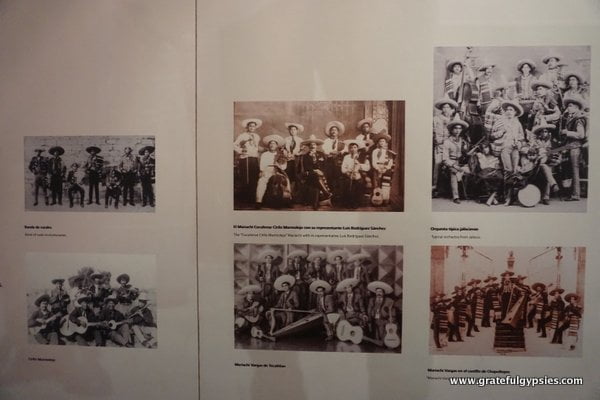Colloquial Spanish Course – Colloquial Spanish greetings
In this Spanish lesson we are going to learn and practice using some typical colloquial Spanish greetings. First we will learn some relevant grammar and vocabulary and then see if you can follow a short audio conversation in Spanish. The transcript to the audio will be given at the end of the post but please try not to look at it until you have tried playing and understanding the audio a few times.
Typical colloquial Spanish greetings and replies:
How you doing? ¿Qué tal? / ¿Cómo andas?
What’s up? ¿Qué tal andas?
What’s going on? ¿Qué pasa? / ¿Qué hay?
What’s new? ¿Qué hay de nuevo? / ¿Qué me cuentas?
How are you? ¿Cómo estás?
How’s it going? ¿Cómo te va?
How’s life? ¿Cómo te va la vida?
How’s everything? ¿Cómo te va todo?
Hey! (when meeting someone out of the blue): ¡Hombre!
Hey! (to catch someone’s attention): ¡Oye!
Awesome! ¡Genial! / ¡Fenomenal! / ¡De maravilla!
Fine: Bien
Everything’s good! Todo va bien
Allright: Nada, aquí…
Same as ever Como siempre / Aquí estamos
Getting by: Tirando
Can’t complain: No me quejo
So, so: Así, así / Regular
It is what it is: Es lo que hay
Not great: Vaya, no muy bien
Awful: ¡Fatal! / ¡De pena!
Desperate: ¡Desesperado!
I’m in an awful mood: Vengo encabronado
Leave me alone!: ¡Déjame en paz!
Now play the audio to listen a conversation. Can you understand what is being said? Play the audio a few times before you look at the transcript. Don’t worry if you don’t understand every single thing the two people are saying. Try to catch whichever words you can and then try to piece things together to work out what is being said.
(Play the audio a few times before you scroll down and look at the transcript)
Transcript:
Carla: Hola John ¿Qué tal andas? ¿Cómo te va la vida?
John: Pues bien, tirando. No me quejo la verdad. ¿Y a ti? ¿Cómo te va todo?
Carla: ¡Fenomenal! Tengo un trabajo nuevo en las islas Canarias. Me mudo a Tenerife la semana que viene.
John: ¿A Tenerife? Qué bien ¿No?
Carla: Sí, genial. ¿Tú sigues trabajando en la oficina de siempre?
John: Sí, sigo allí. No es el trabajo de mi vida, pero no me quejo. Es lo que hay.
Carla: Me alegro de haberte visto antes de mudarme a Tenerife.
John: Sí, yo también. Espero que te vaya todo muy bien allí.
Carla: Muchas gracias John. Estoy emocionada la verdad. Me encantan las islas Canarias y Tenerife es mi favorita. Además tengo una amiga que se fue a vivir allí hace dos años así que quedaré con ella.
John: ¿Es Ana Álvarez?
Carla: Sí ¿la conoces?
John: Sí, trabajaba en la oficina conmigo.
Carla: Es verdad, se me había olvidado. Pues sí, voy a ver a Ana en cuanto llegue a Tenerife y me va a ayudar a instalarme. Luego me va a enseñar la isla. Tengo un montón de ganas de llegar.
John: ¡Qué bien Carla! Me alegro mucho por ti. Espero que te vaya todo de maravilla.
Carla: Gracias John. Espero que todo te vaya genial a ti también.
So, how did you get on? How much did you understand of the listening? Please let me know in the comments section below…
Don’t worry if you didn’t understand that much, keep reviewing the vocabulary and phrases and you will soon be up to speed and ready for the next lesson in this course. See you next time!
Posteado en Spanish Articles (Facebook)




